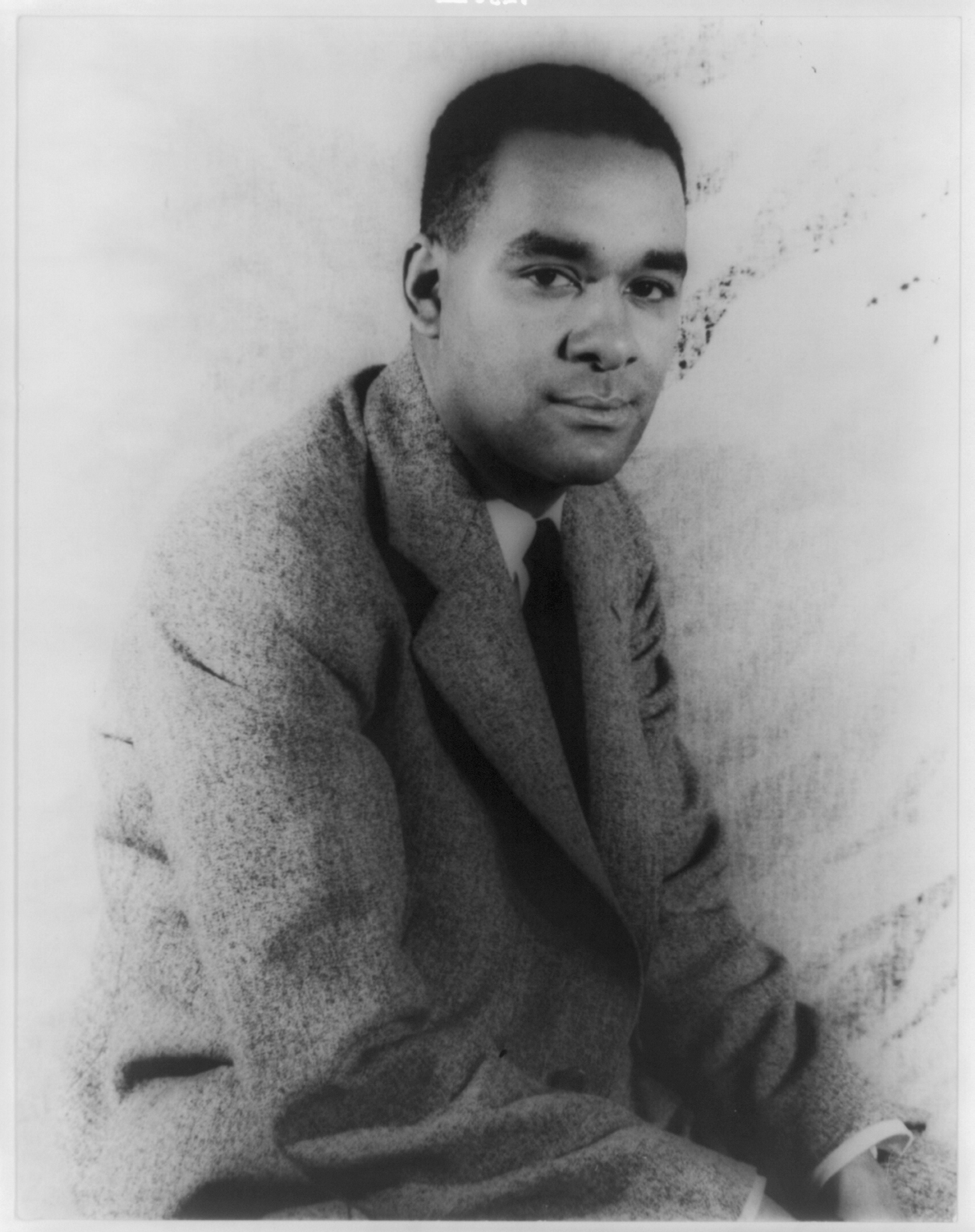Eight Men (1961)
Райт, Ричард Натаниэль: Цитаты на английском языке
“Don't think I'm so odd and strange … I'm not…. I'm legion … I've lived alone, but I'm everywhere.”
The Outsider (1953)
“The moment we act as if it's true, then it's true.”
The Outsider (1953)
“A sleepless spring night:
Yearning for what I never had
And for what never was.”
Haiku: This Other World (1998)
He doesn’t want a society where he is separate as Negro, but one where he is just another man.
Constance Webb, "Notes preliminary to a full study of the work of Richard Wright" (privately published, 1946)
Constance Webb, in Richard Wright: A Biography (1968)
Flight, pp. 148
Native Son (1940)
“You are your own law, so you'll be your own judge.”
The Outsider (1953)
"Flight", pp. 141
Native Son (1940)
pg. xvii
Native Son (1940)
unheard-of and unfelt effects with words.
Источник: Native Son (1940), p. xxx
The Long Dream (1958)
Native Son (1940)
Native Son (1940)
Источник: Native Son (1940), p. xxvii
"Fear", pp. 47, Harper Row 1966
Native Son (1940)
